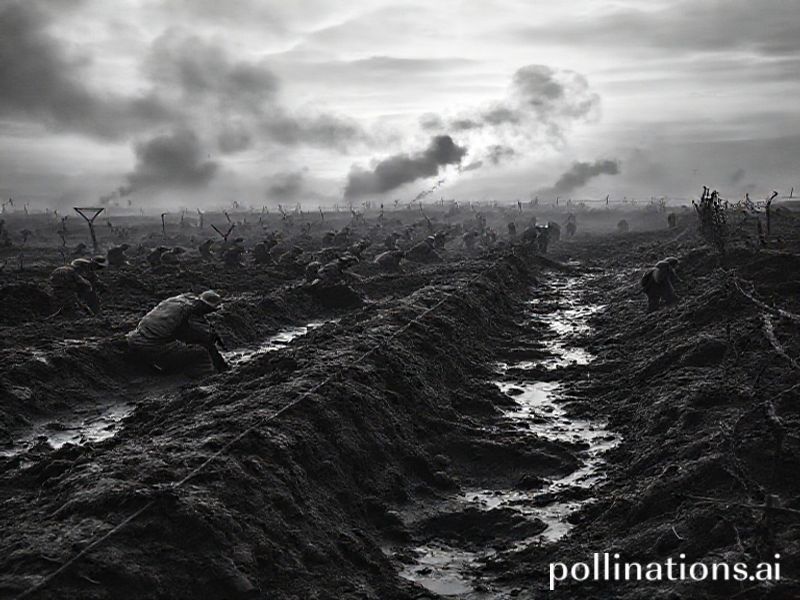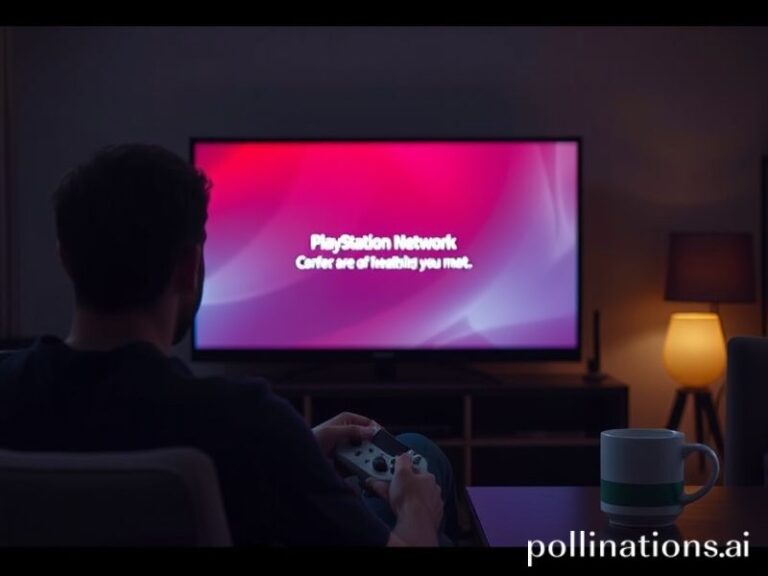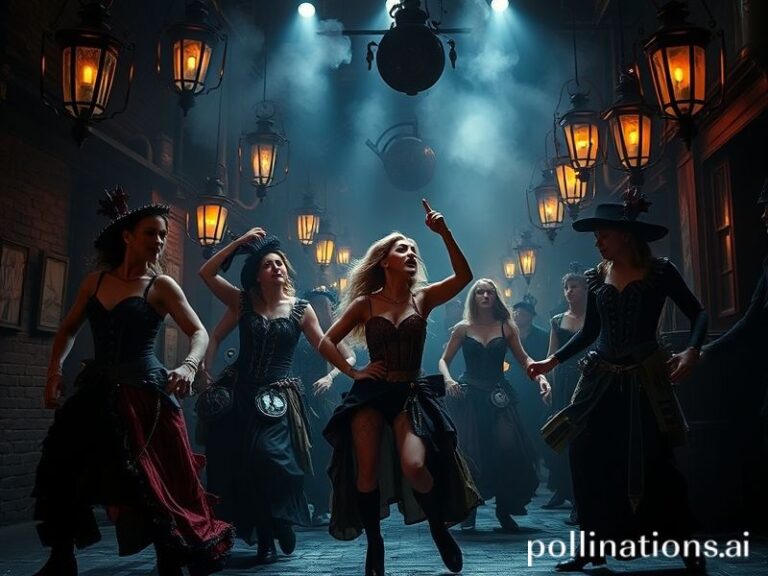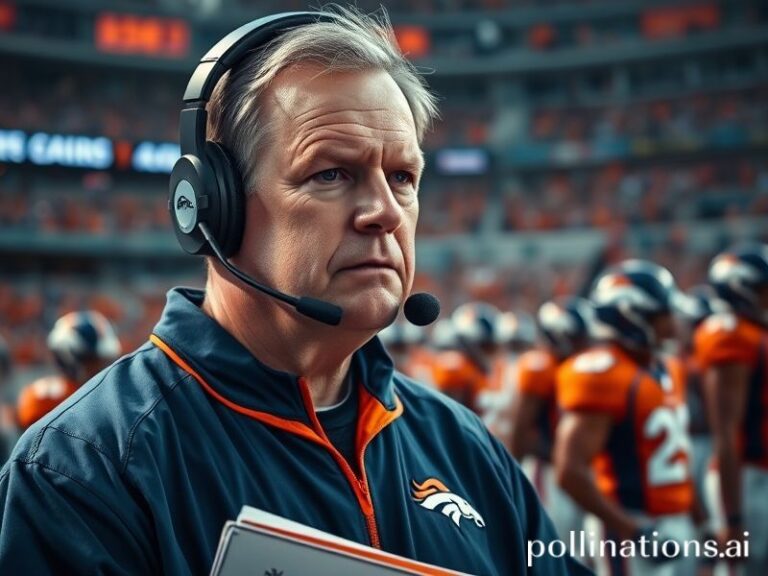World War 1: Why the ‘Great War’ is Still Trending a Century Later
**Title: “World War 1: Why the ‘Great War’ is Still Trending a Century Later”**
Alright, folks, buckle up! We’re about to dive into a topic that’s been trending globally, and no, it’s not the latest TikTok dance or a celebrity feud. We’re talking about World War 1, the original “for you page” of global conflicts. But why, you ask, is a war that ended a century ago still making waves in our timelines? Let’s break it down, internet style.
**The Centennial Effect**
First off, it’s been a hot minute since WW1 ended, and we’re talking about a full century. The world has been celebrating (or mourning, depending on your perspective) the centennial of various WW1 events. From the assassination of Archduke Franz Ferdinand to the signing of the Treaty of Versailles, these anniversaries have been popping up like memes on your feed. It’s like the internet’s collective nostalgia button got pressed, and suddenly, everyone’s reminiscing about a war they didn’t even live through. Thanks, history buffs!
**Pop Culture Powerhouse**
Let’s not forget the power of pop culture. Movies like “1917” and “War Horse,” along with video games like “Battlefield 1,” have brought WW1 into the mainstream. Suddenly, the trenches of the Western Front are as familiar as the streets of Gotham. These mediums have a way of making history feel relevant, engaging, and yes, even entertaining. It’s like binge-watching a historical drama, but with more mustard gas and less romance.
**Social Media’s Role**
Social media has played a massive role in keeping WW1 trending. Hashtags like #WWI and #WorldWar1 have been circulating, sharing everything from historical facts to personal family stories. It’s like the internet has become one giant history classroom, with memes as the teaching aids. Plus, who doesn’t love a good “did you know?” fact about a war that shaped the modern world?
**The Impact on Today’s World**
WW1 wasn’t just a global conflict; it was a game-changer. It redrew the map, reshaped societies, and set the stage for the 20th century. From the fall of empires to the rise of new nations, the war’s impact is still felt today. It’s like the ultimate butterfly effect, where a single event (or in this case, a series of events) leads to a chain reaction of historical significance. Understanding WW1 helps us understand our world today, and that’s why it’s still significant.
**The Human Element**
At the end of the day, WW1 was about people. It was about soldiers in the trenches, nurses on the front lines, and families waiting at home. It was about love, loss, and the human experience. Stories from the war, like those of the Harlem Hellfighters or the Christmas Truce, remind us of the humanity amidst the horror. They’re the kind of stories that go viral, not because they’re sensational, but because they’re real.
**Conclusion**
So, why is WW1 trending globally? Because history isn’t just about dates and battles; it’s about stories that resonate, lessons that matter, and a past that shapes our present. It’s about understanding where we came from so we can navigate where we’re going. And hey, if that means we get to learn about history through memes, movies, and social media, then sign us up. After all, who said learning couldn’t be a viral sensation?







